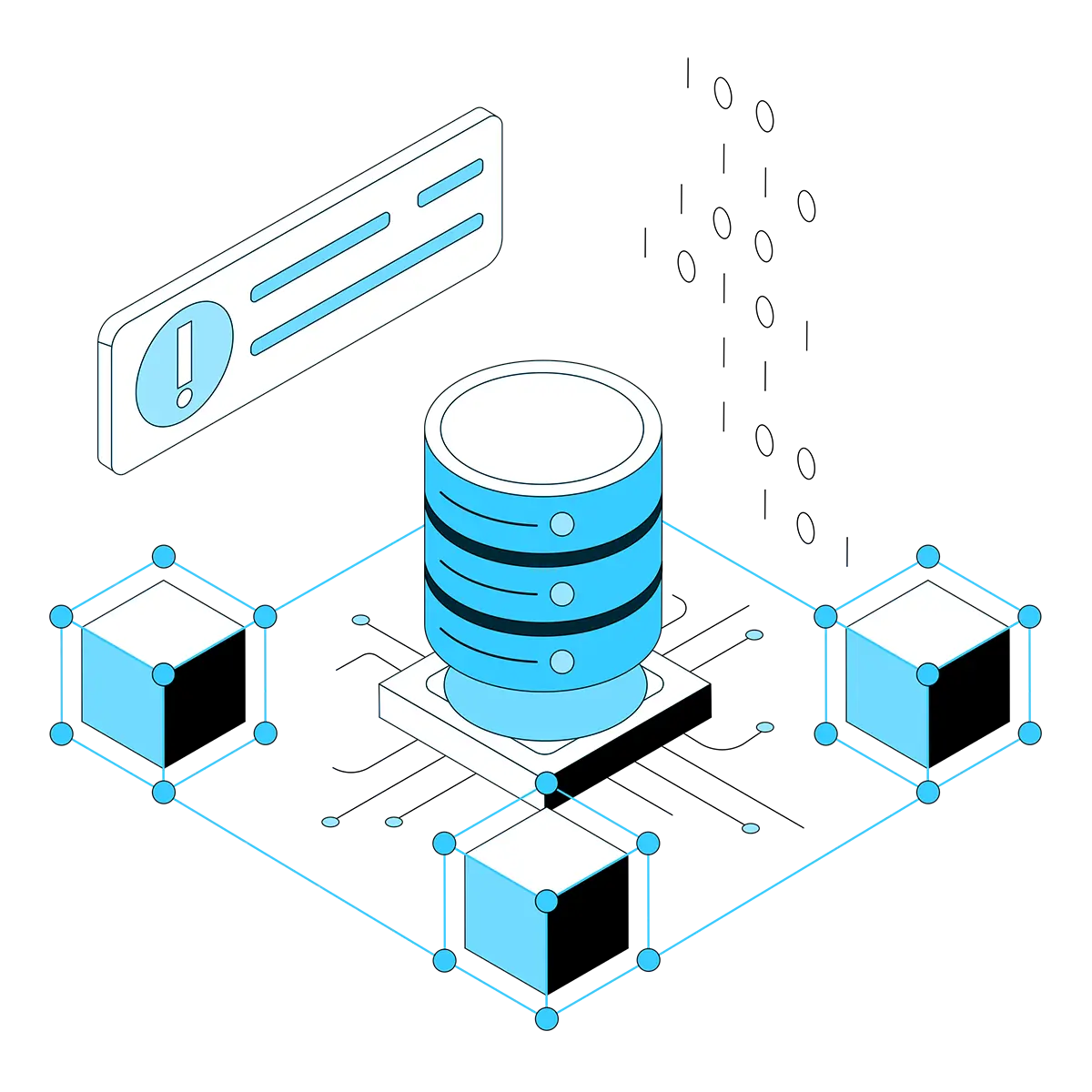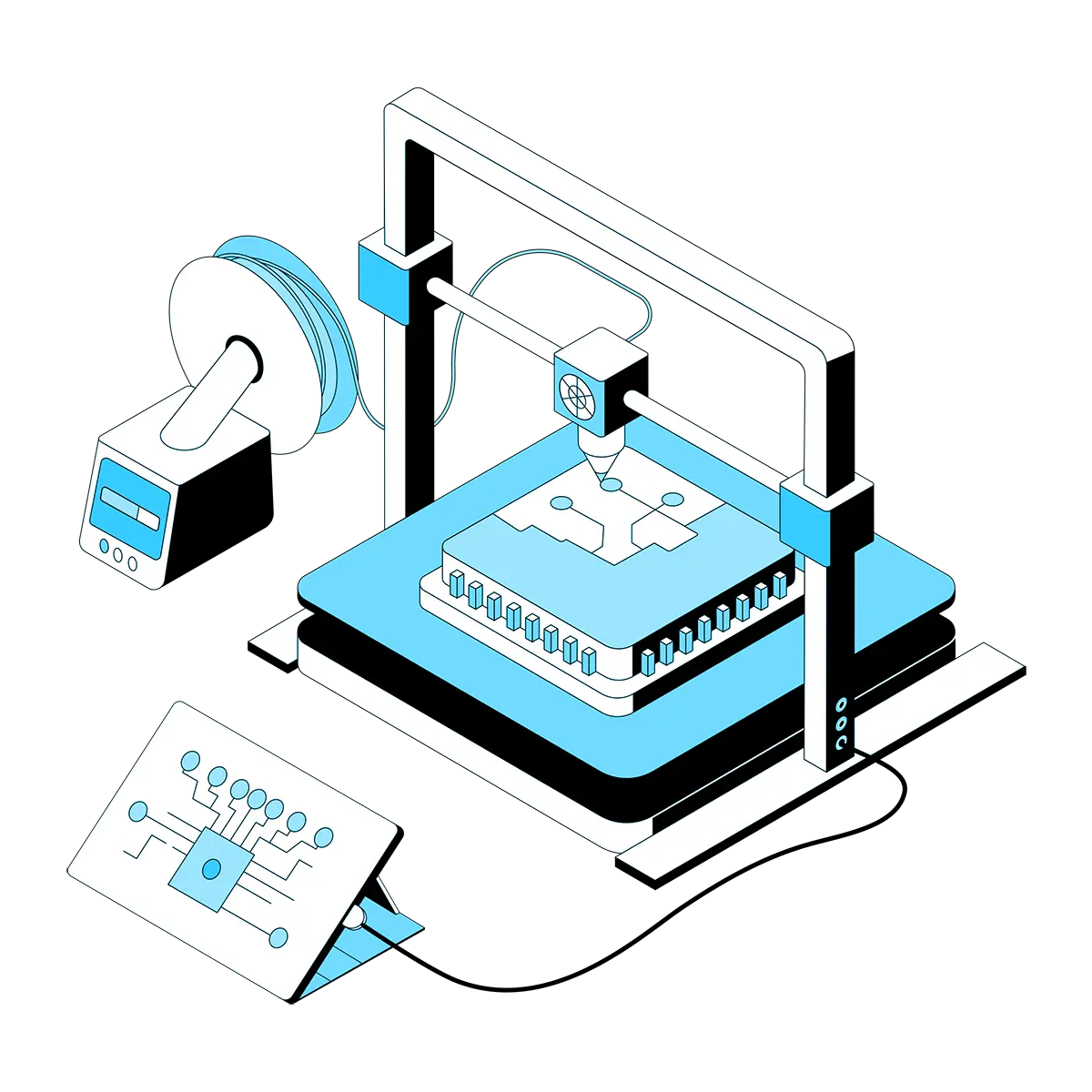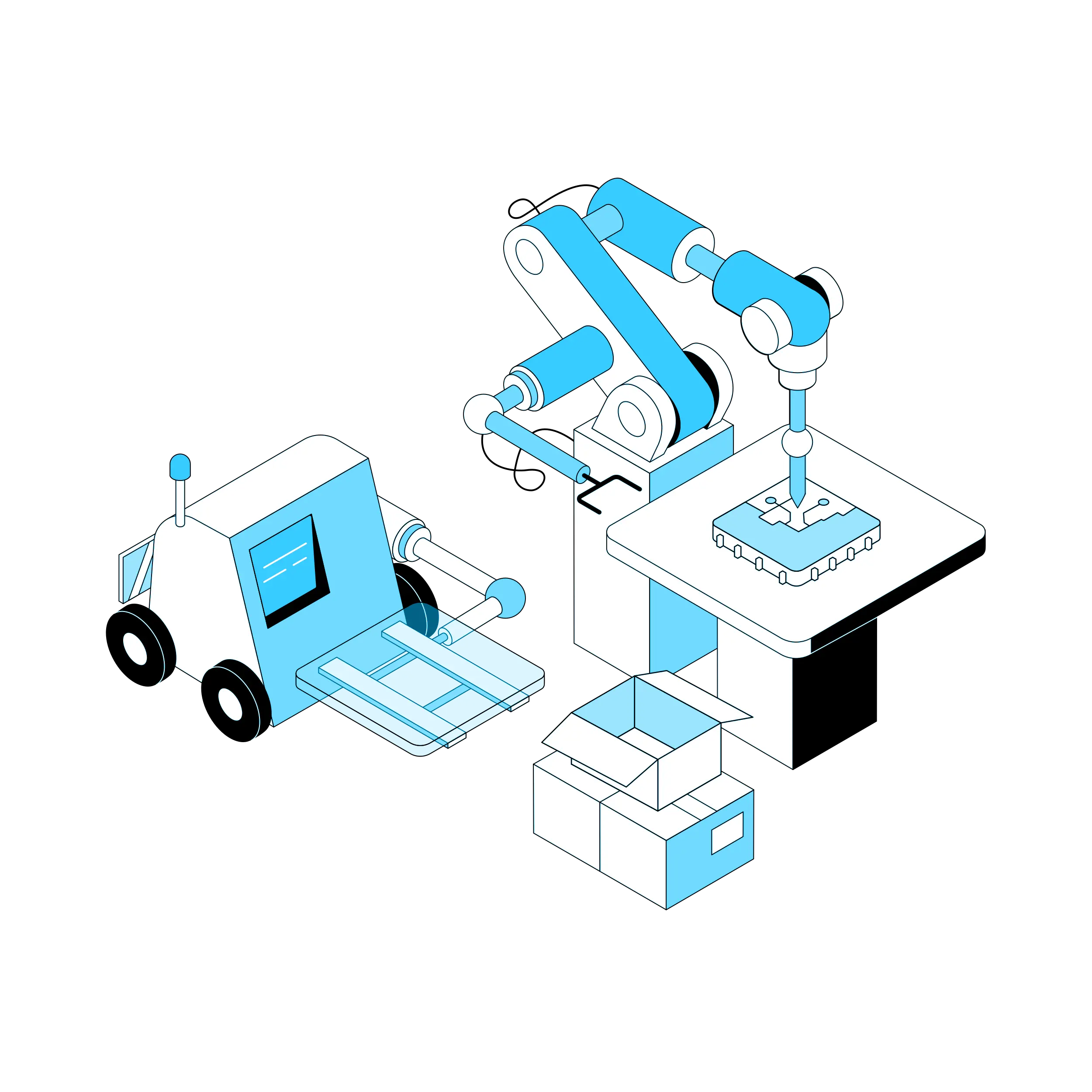Developing the Digital & Robotic Coding Skills of Instructors and Youth
LTT-3
The LTT-3 training, held at Bilişim Vadisi from January 27 to February 2, 2024, offered participants the opportunity to enhance their digital and technological skills. This program provided comprehensive training on various technologies, including Arduino, web programming, mobile app development, and 3D design.
Throughout the training, participants gained hands-on experience across a range of topics, from basic electronic projects to web and mobile app development. They also explored the opportunities available at Bilişim Vadisi, focusing on collaboration and the potential for innovative project development. Supported by technical tours and unique project work, this training advanced both the technical and creative abilities of the participants.
By the end of the program, participants had acquired the skills to apply their knowledge to personal and professional projects, equipping them to engage more effectively in the digital world.
Day 1
The first day of the training began with an introduction to Bilişim Vadisi and an opportunity for participants to get to know one another. Attendees were briefed on the general structure, opportunities, and facilities offered by Bilişim Vadisi. This session fostered a collaborative environment among participants.
Following this, basic Arduino projects were developed using the Red-Kit training set and the C programming language. These projects provided participants with practical experience in constructing electronic circuits, utilizing input-output units, and applying fundamental programming structures. The day concluded with the successful completion of these activities.
Day 2
On the second day, the focus shifted to game development processes using the Wood-Kit sets. Participants learned about essential game mechanics, as well as the integration of sensors and actuators. Following this, they created 3D designs using the Tinkercad program and gained insights into the printing processes for these designs. During the design phase, fundamental CAD principles were taught, enhancing participants’ 3D design skills. The day concluded with the successful completion of these activities.
Day 3
On the third day, various sensor-based projects were developed using the Red-Kit training set and the C programming language. These projects focused on the collection and processing of sensor data. Later, participants utilized the Canva platform to create modern and impactful presentations. This session emphasized the fundamental principles of presentation design and visual communication strategies, enabling participants to craft creative and engaging presentations. The day concluded with the successful completion of these tasks.
Day 4
On the fourth day, participants were introduced to the fundamentals of web programming. Using essential web technologies such as HTML, CSS, and JavaScript, they created simple web pages. Following this session, the focus shifted to mobile app development using the Kodular platform. Key topics covered included user interface design, data management, and application functionality, equipping participants with foundational skills in mobile app development. The day concluded with a reinforcement of these newly acquired skills.
Day 5
On the fifth day, mobile app development continued, with participants tackling more advanced topics such as complex functionalities and database integration. Later, the focus shifted to advanced aspects of web programming, where participants learned about creating dynamic web content and integrating APIs. The day concluded with participants expanding their knowledge in these advanced areas, reinforcing their ability to handle more complex development tasks.
Day 6
On the sixth day, participants developed unique projects using both the Wood-Kit and Red-Kit sets, providing them with the opportunity to apply the knowledge they had acquired throughout the training. Later in the day, participants took part in a technical tour at Bilişim Vadisi, where they visited various laboratories and technology centers. During this tour, they had the chance to observe real-world applications of the technologies and concepts they had been working with. The day concluded with these insightful observations.
Day 7
On the last day of the training, participants focused on creating their personal or professional websites. The session emphasized content management, user experience design, and SEO strategies. Following this, the training continued with more advanced web programming techniques, including processing user data and implementing security measures. The program concluded with participants presenting their successfully completed projects, marking the end of the training with the acquisition of these advanced skills and practical applications.






